Get to know the CPL Team!
/Photo Credit: Craig Neal
Recently we announced our growing team of consultants, coaches and trainers. We are excited to be working with these wonderful and experienced leaders to improve purposeful leadership in every organization. Get to know these individuals below and see how they may be of assistance to you in growing yourself personally and professionally.
Rachel Harris: With over 15 years of leading teams for impact, Rachel consults for organizations in transition and trains people on collaboration methods. She also leads strategy and communications at CPL...Read More
Claudia Eisinger: As a qualitative research specialist and group facilitator, Claudia Eisinger has 25 years of qualitative research experience in both the United States and the United Kingdom. Specializing in complex, cutting-edge advertising and branding research, ...Read More
Vivian Jenkins Nelsen: Jenkins Nelsen is a nationally and internationally recognized and highly sought-after diversity consultant, trainer, planner, researcher and lecturer, who speaks to thousands of people...Read More
Barbara Shipka: Barbara has 30 years experience in executive coaching, leadership development, and organization effectiveness. Most of those years have been devoted to working in large US corporations including American Express, Cargill, General Mills, and Medtronic...Read More
Kim Kristenson-Lee: Over twenty-five years’ experience in increasingly challenging roles at a Fortune Five energy company have honed my ability to work with teams and individuals during times of transition and renewal. I am a service-oriented developer of team capability...Read More
Lynn Nelson: LIN PR Principal Lynn Ingrid Nelson has over 20 years of experience in public relations, public affairs and communications. She has extensive experience in virtually all facets of organizational...Read More
Sarah Flores: Sarah is currently a Senior in the Henry B. Tippie College of Business at the University of Iowa, majoring in Marketing Management with an interest in green marketing and sustainability. Sarah has been working with CPL for almost a year to increase and improve CPL's...Read More
Eric Todd: As the in-house photographer for CPL/Heartland, Eric has thousands of photos showcasing a vast array of thought leaders. His background in photojournalism, videography and media production is crucial support for CPL events...Read More
Cindy Wold: As co-author, with Craig and Patricia, of The Art of Convening: Authentic Engagement in Meetings, Gatherings, and Conversations, Cindy is a core collaborator and consultant to CPL. In addition to working with the CPL team...Read More
Mark Fawcett: As a core partner, Mac Men powers CPL with indispensable IT service. Mac Men is a professional computer repair, tech consulting, and training company based in Minneapolis/St. Paul, Minnesota...Read More
To read more about our team leaders check out our CPL Team Bio page here.
We are so lucky to have such a strong and skilled set of professionals on our team. CPL is committed to creating purposeful leadership and effective convening within your organization. If you would like to learn more about our programs or receive insightful tips, follow us on our social media, subscribe to our blog or give us a call at 612.920.3029
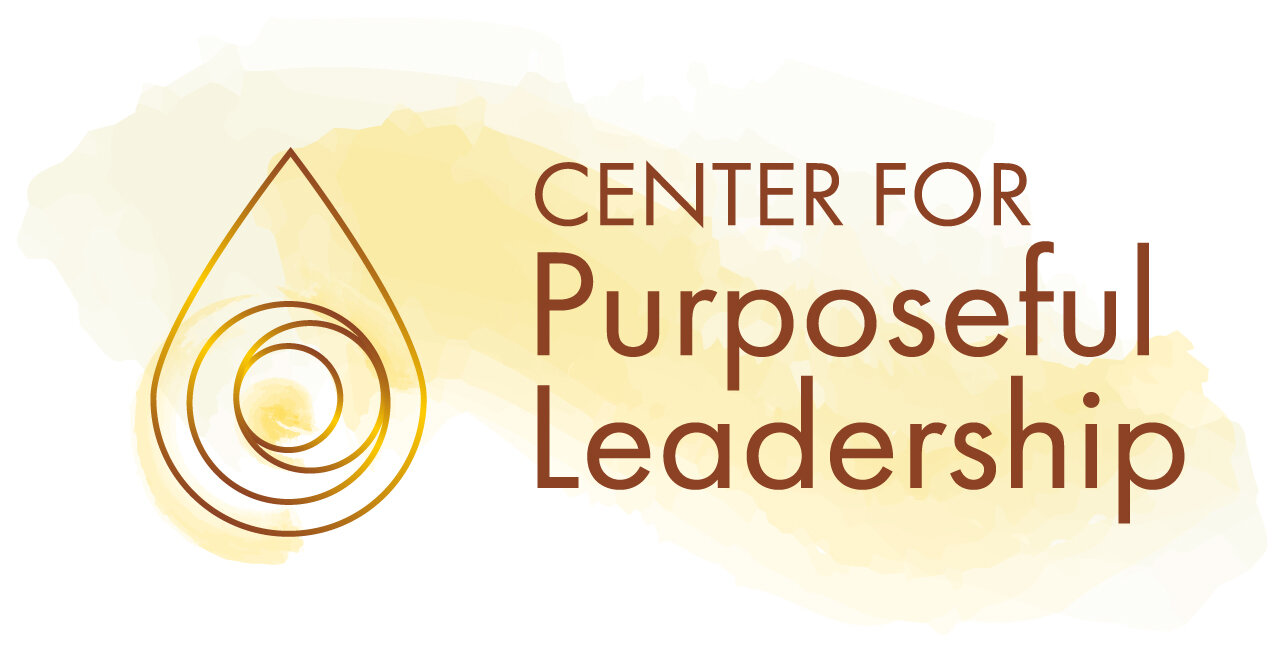
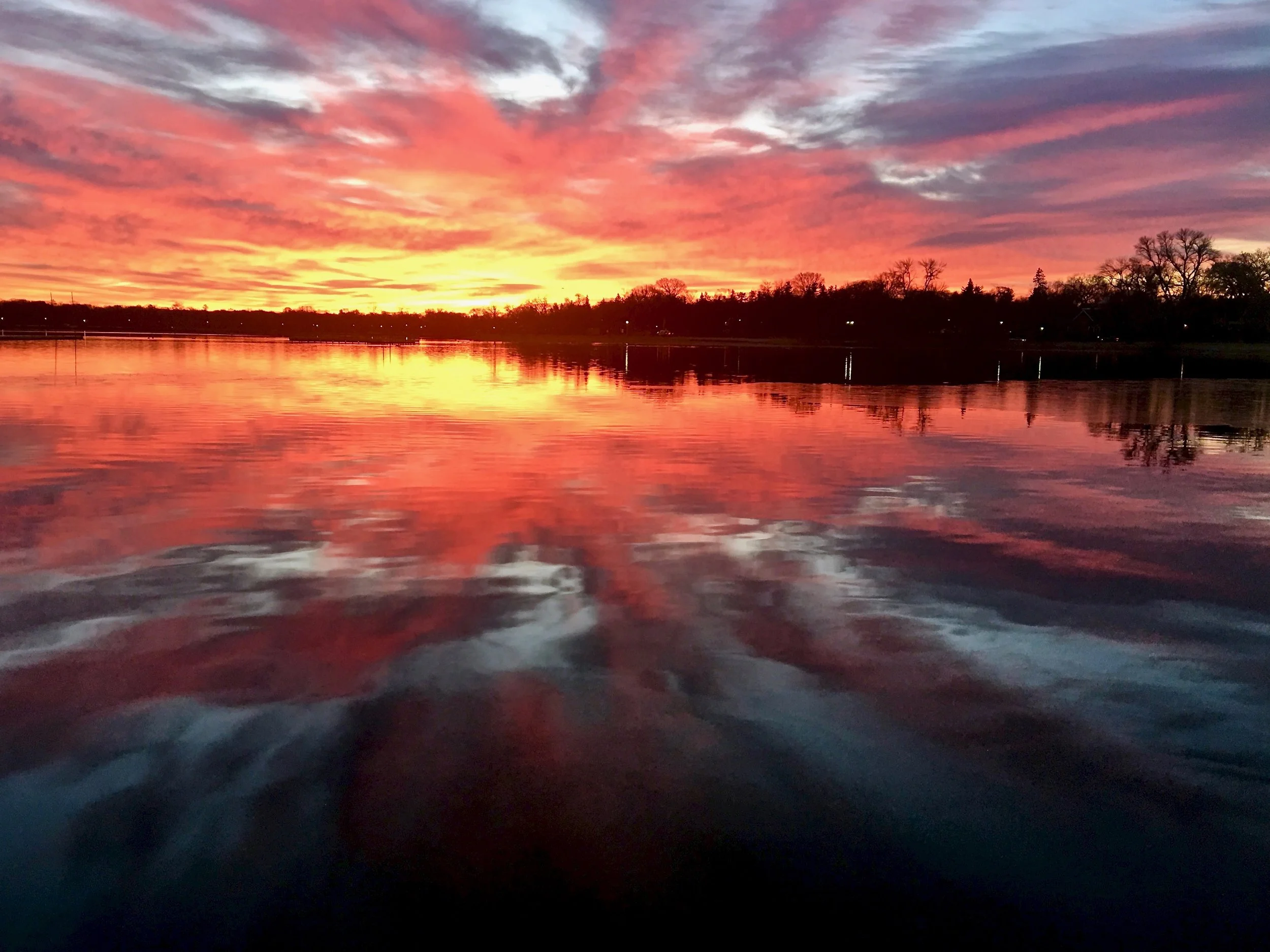


![[Hearth] Voices from Ukraine: Part 2](https://images.squarespace-cdn.com/content/v1/58a4e3be9de4bb98b066fd6f/1647955546471-VUGA4FCGFEUYJ29TEQVA/sunforest-mix-sunflower-types-1586794598.jpeg)

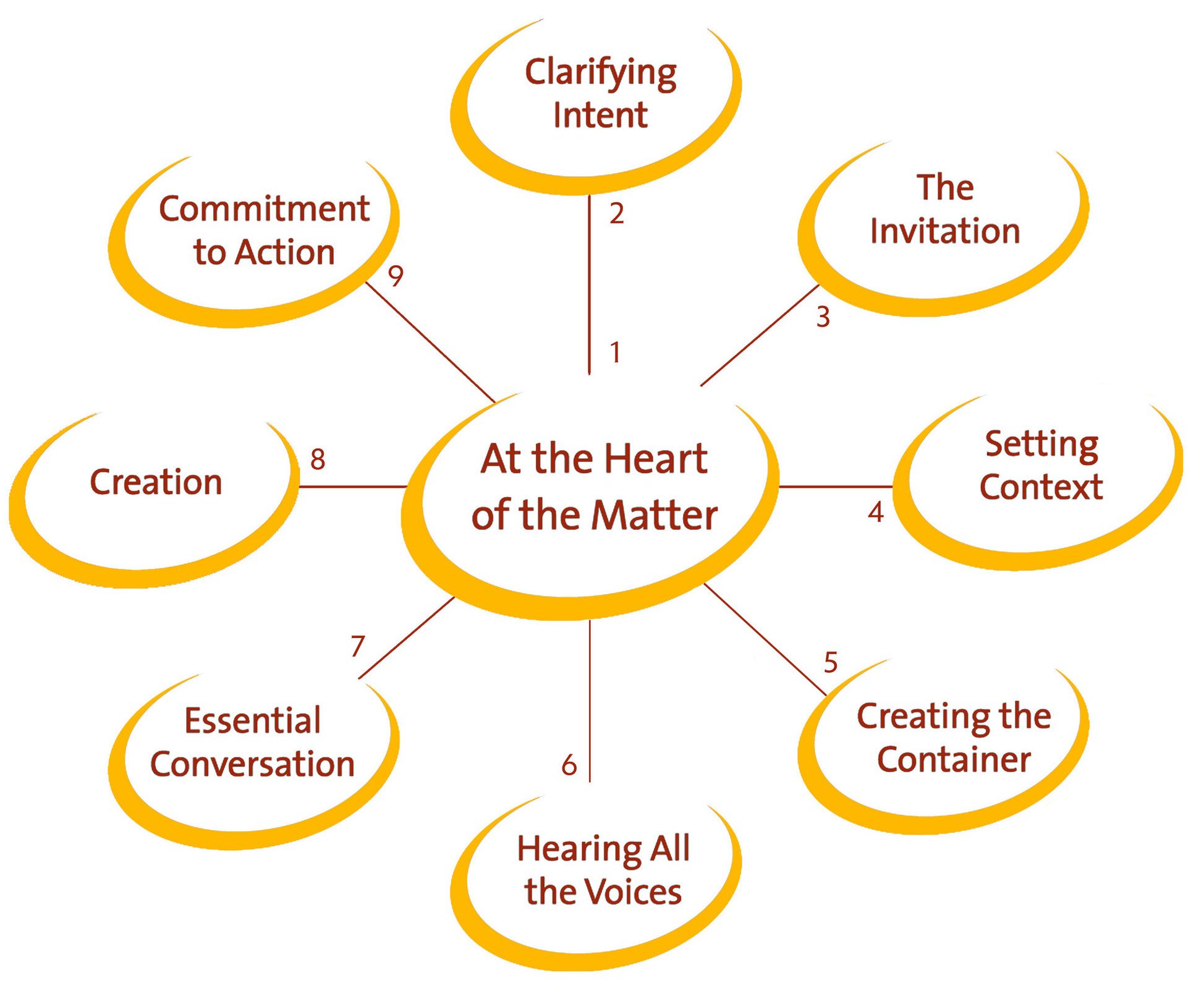

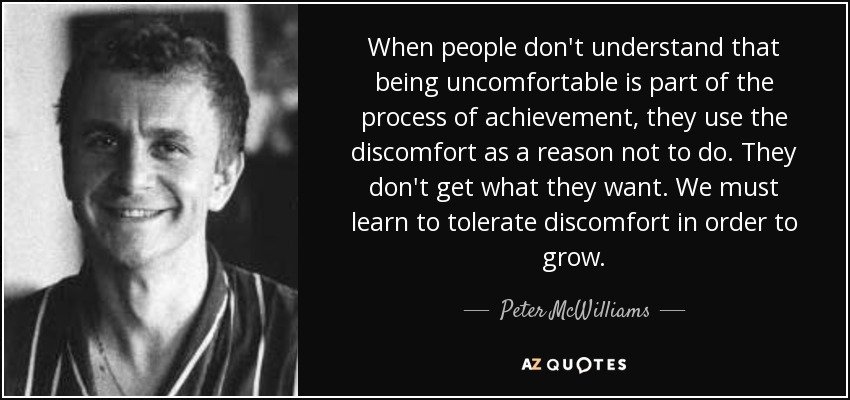

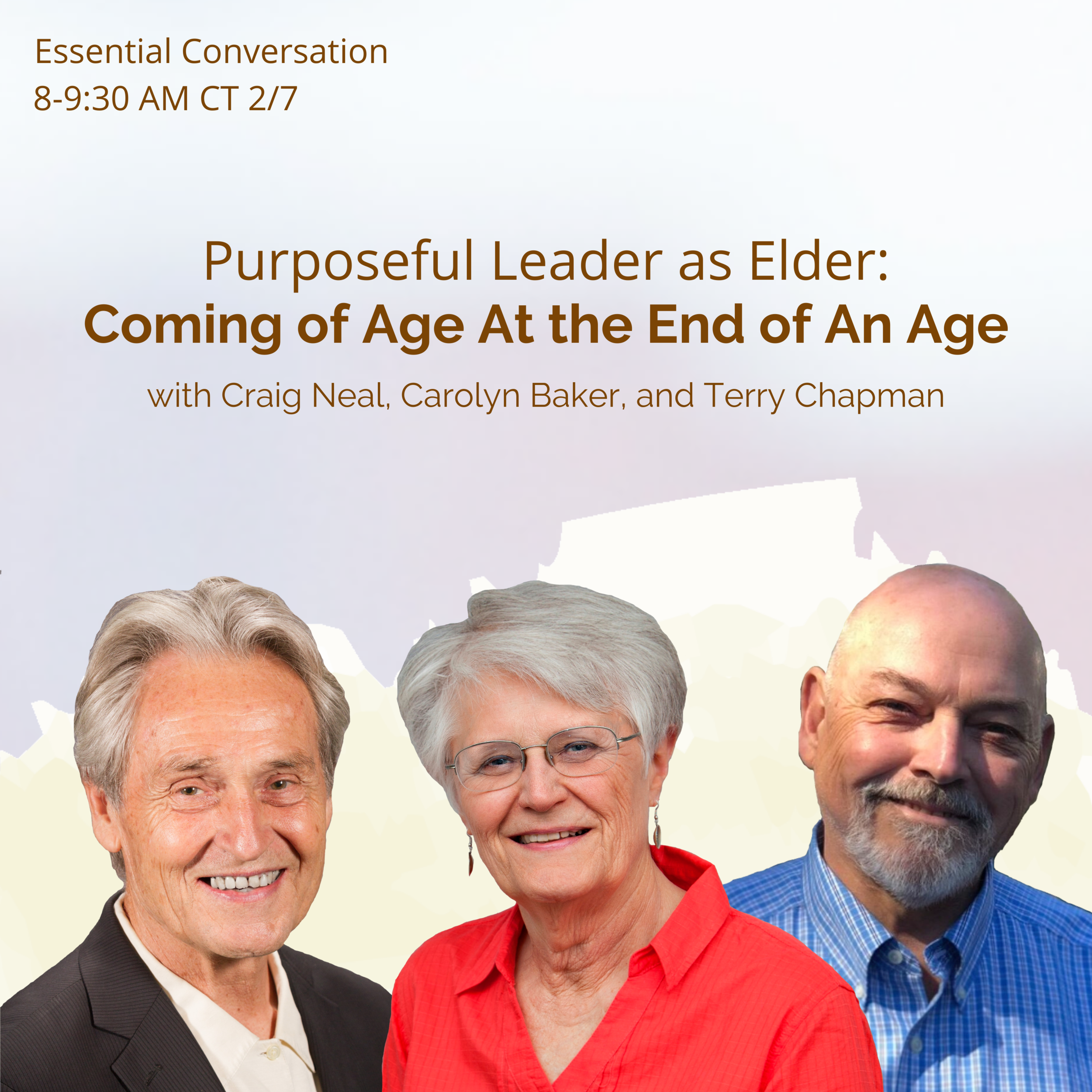






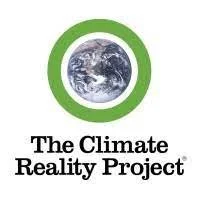










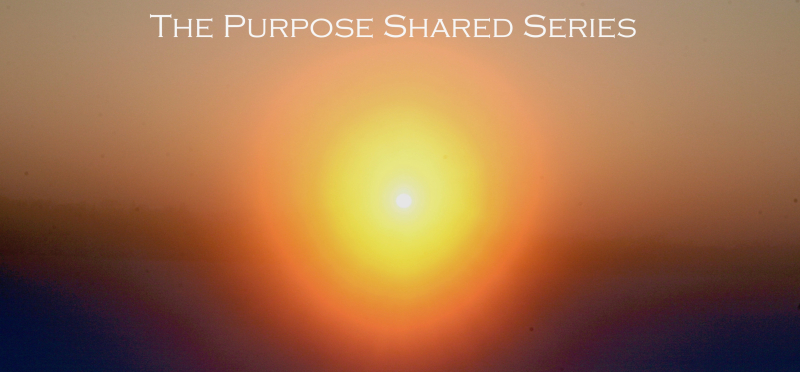
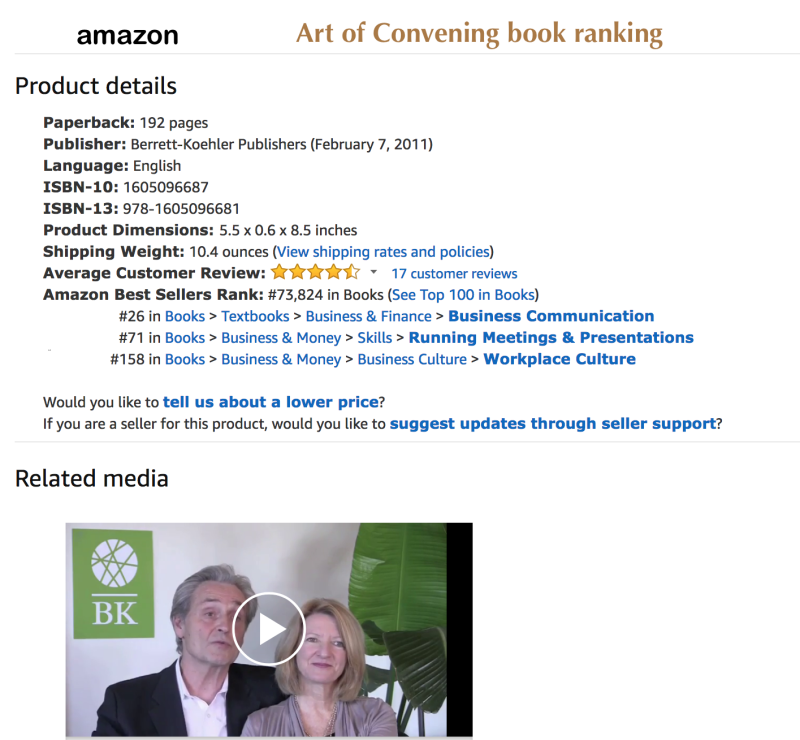
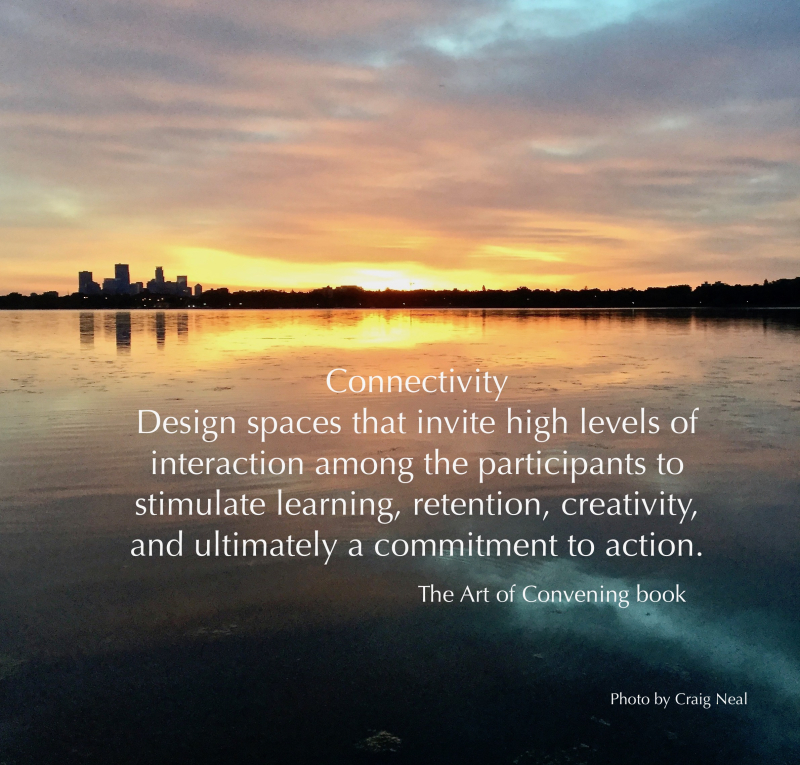
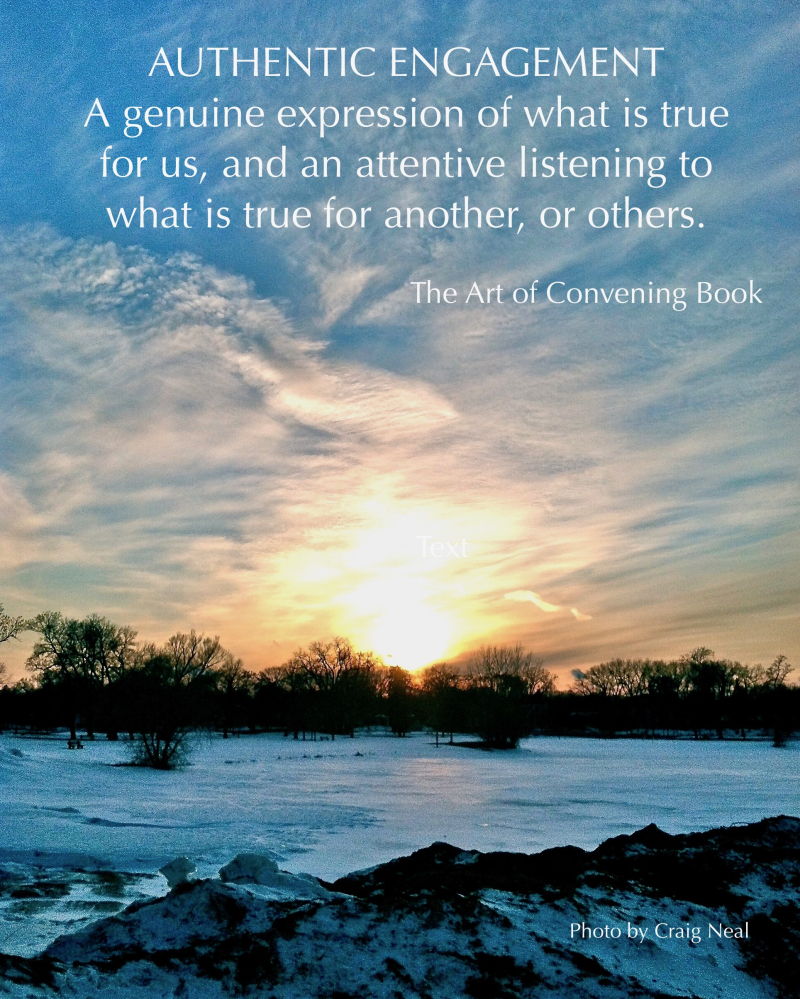
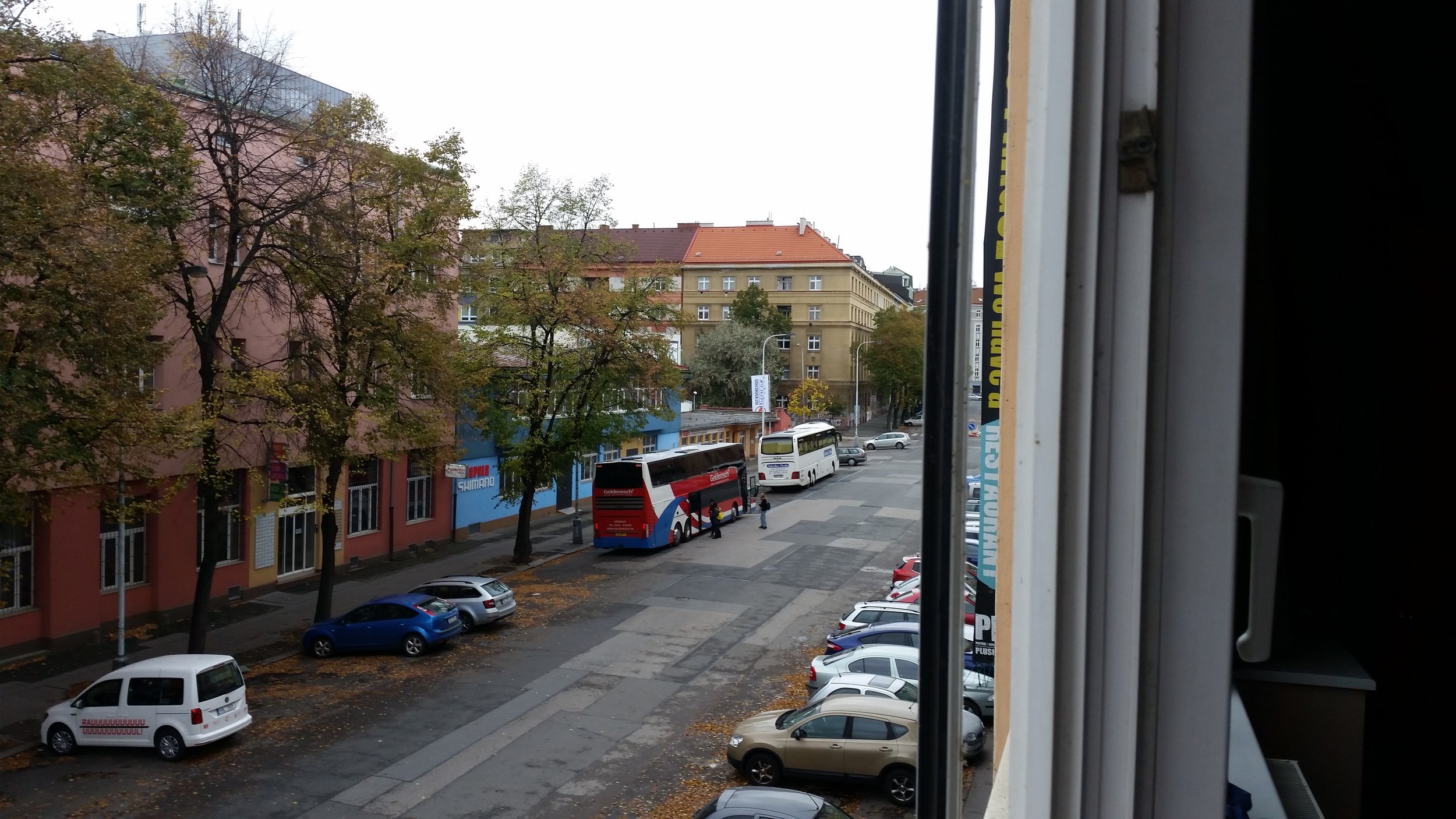
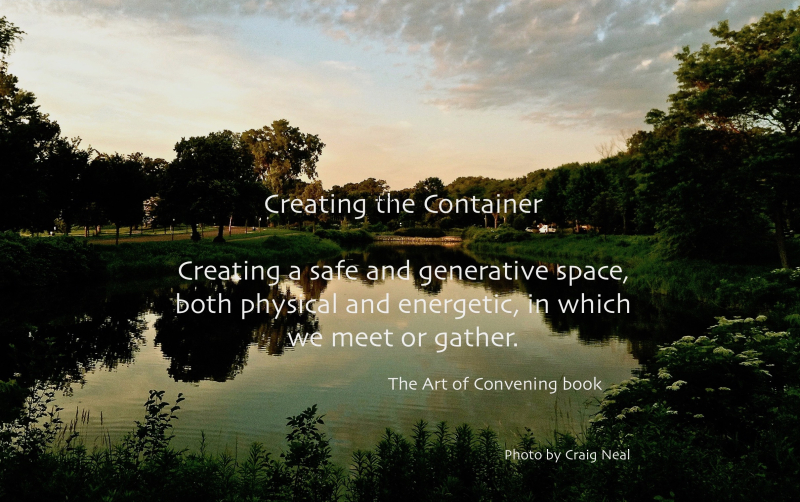



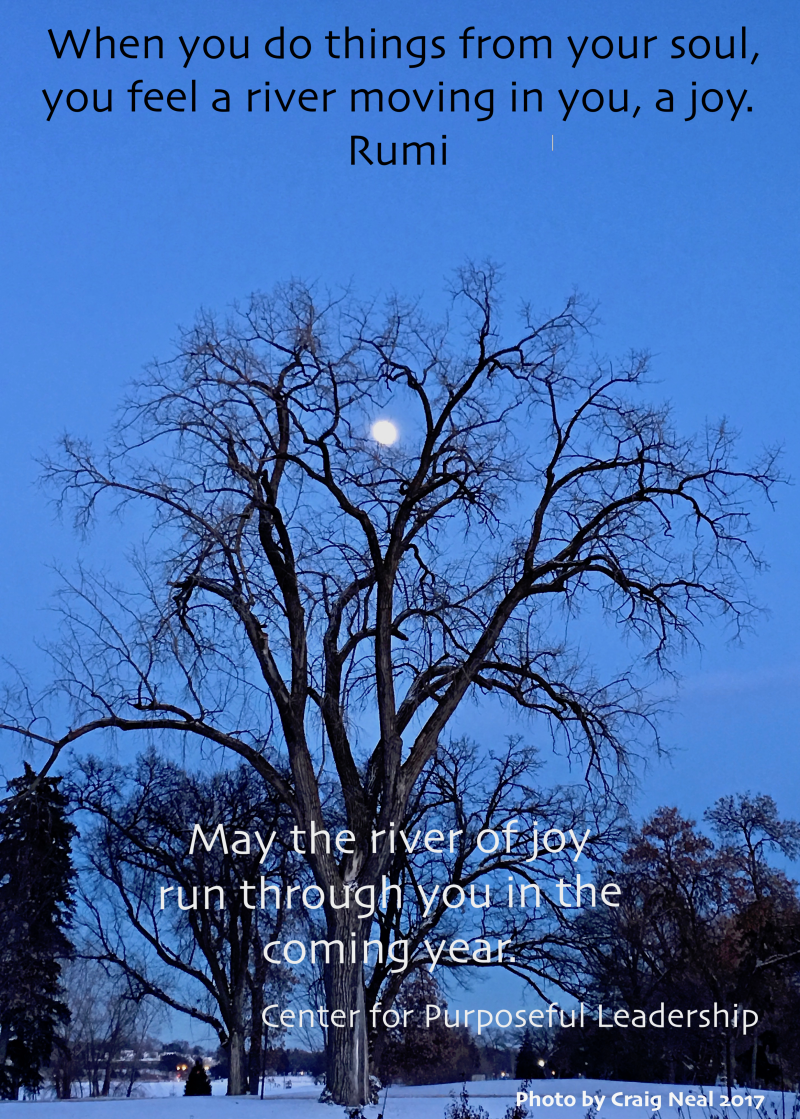



















…this idea of worthiness, that struggle we go through as a nation, happens all the time.
Edward Dugger III, president of Reinventure Capital and an early pioneer in impact investing, explores the intersection between the venture capital community and racial equity.